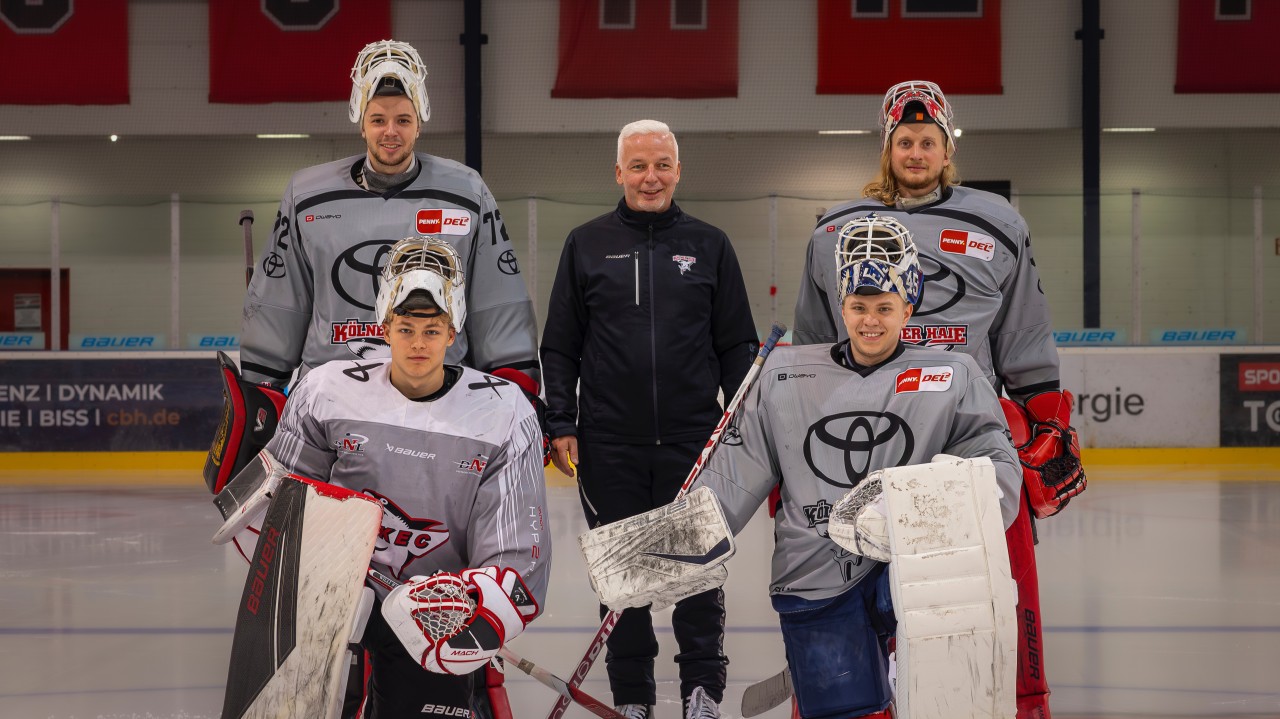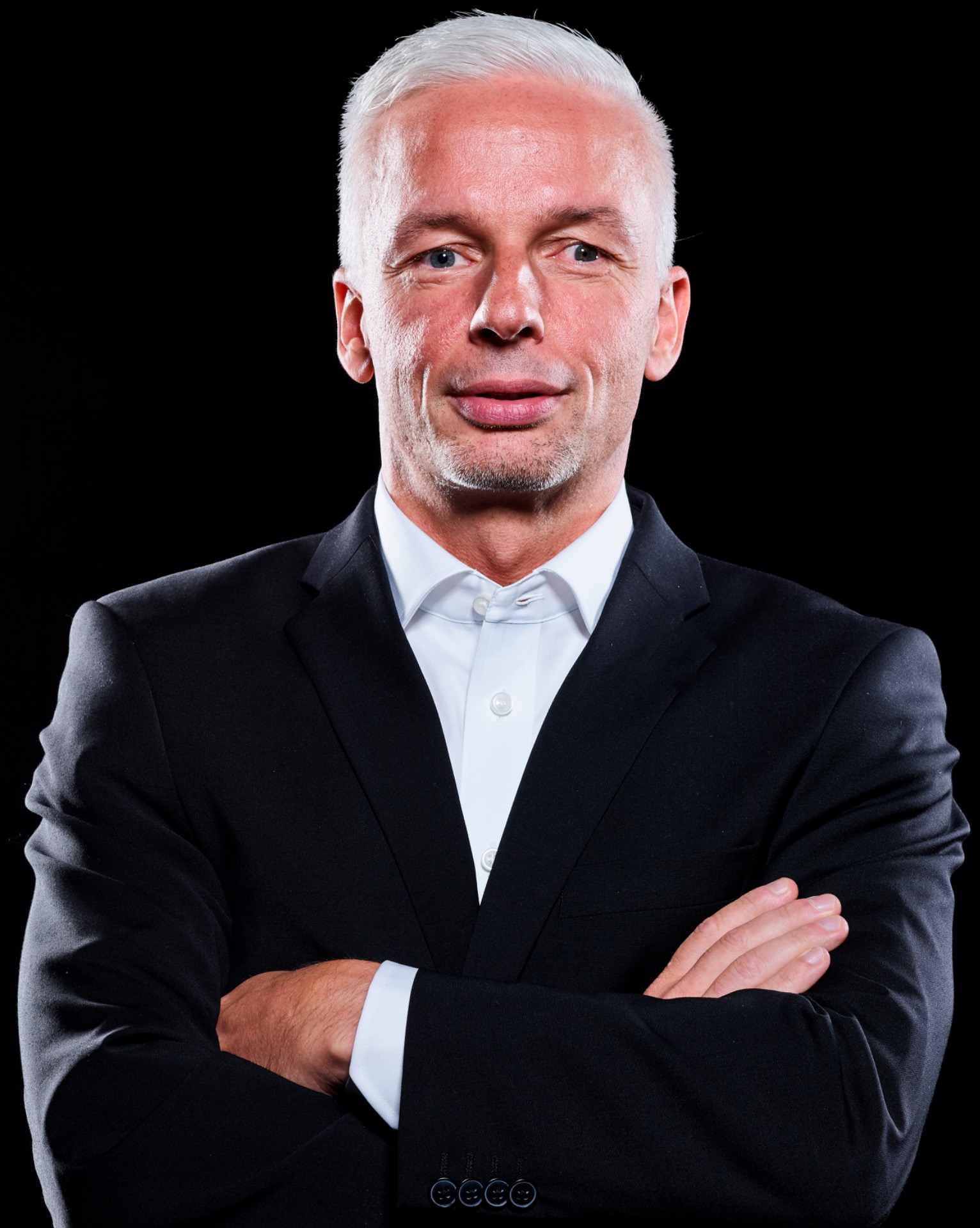Building a Goalie Team in a Pro Hockey Organization
What makes a successful goaltending unit—and how do you build one that delivers all season long?

Professional goalies are always under the spotlight. They're followed by fans, the media, coaches, management, and even other goalies. Numbers like save percentage (SV%) and goals-against average (GAA) are constantly analyzed. Highlight-reel saves go viral. Everyone has an opinion on what a "great goalie" looks like.
But here's a question that doesn't get asked often enough: What does a great goalie team look like?
At the pro level, a functional goalie unit is more than just two strong athletes in pads. It's a team within the team, and its dynamics can heavily influence performance — not just for the goalies themselves, but for the whole club.
What Is a Goalie Team?
Typically, the goalie team includes:
- Two main goalies
- A third goalie (often developing in juniors or a farm team)
- A goalie coach who ties the unit together
Each of these individuals plays a unique role. If everything clicks, the group builds consistency, trust, and results.
Goalies don't play in a vacuum. Every save — and every goal — is the result of team play. But within that broader team structure, the goalie team's internal chemistry is essential. When the relationships and roles are clearly defined, it frees the goalies to focus on the one thing that matters most: stopping pucks.
Key Ingredients for a Strong Goalie Team
1. Compatible Goalies
This is more important than many realize. The best tandems I've worked with have clear hierarchy, healthy competition, and mutual respect. Both goalies know their roles, but also support each other laterally — not just battling for the net, but helping each other improve.
When goalies push each other the right way, everyone wins.
Problems often arise when both goaltenders expect to be "the starter," or when there's tension over ice time. It's much easier when expectations are set early: Are we signing two goalies to share the load, or is one expected to carry most of the starts?
Having those discussions during recruitment can prevent bigger issues later in the season.
2. A Smart, Experienced and Adaptive Goalie Coach
The goalie coach isn't just a technique guy. He must understand how to develop goalies at different stages — from a rookie in their first pro season to a veteran looking to stay sharp.
It's not a one-size-fits-all job. The best goalie coaches know when to push, when to listen, and when to step back. They also take care of the bigger picture:
- Working with the third goalie and keeping him ready
- Identifying future talents in the organization
- Supporting recruitment with managers
- Managing the goalie depth chart for the organization
And maybe most importantly: earning trust. If the goalie believes the coach can help them improve, the whole working relationship is easier — and more productive.
3. The Third Goalie: An Overlooked but Vital Role
The third goalie is often a young talent who trains and plays with the farm team or juniors. The key is this: if one of the main goalies goes down, can this goalie step in and hold the line?
Sometimes, clubs take unnecessary risk by signing a third goalie who's "not quite ready." That gamble can become costly. Development and readiness must go hand-in-hand.
Recruitment: It's Not Just About Stats
In many organizations, goalie coaches are involved in scouting. That's a good thing — they often have a deep understanding of what a goalie could become, not just what they are now.
But here's another angle: ask the goalies.
If a team is considering bringing in a new goalie coach, it makes sense to check in with the goalies who will be working with them daily. Goalies might have past experience with a coach, or at least an opinion. I've seen cases where a goalie vouched for a coach they trusted — and it led to a championship season.
It's not about letting the players make the call. But not asking them at all? That's a missed opportunity.
End Goal: A High-Functioning Goalie Unit
The best goalie teams don't just stop pucks. They create an environment where athletes thrive. Where they compete and support each other. Where the goalie coach knows how to get the best out of each player — and the players trust that process.
From my perspective, a well-built goalie team is a massive asset to any professional organization. It's not always flashy, but it shows up in consistency, confidence, and ultimately: wins.
What's Your Take?
This is just my perspective after 35+ years in the game. I'd love to hear from other goalie coaches, players, and hockey professionals:
- How do you approach building your goalie team?
- What's worked — and what hasn't?
Drop your thoughts in the comments or share this with someone who might have a view. Let's keep learning from each other. ✌️
#dreamjob #goaltending #goaliecoach #hockeydevelopment #teamdynamics #goalies #prohockey #sportsleadership
New article: Players Path: From Youth to Professional
New article: Goalie Scouting: What Is It Really About?
Past article: Goalie Coaching in a Professional Team: What Is It?
Past article: Goaltending Beyond the Glove or Blocker: Rethinking Shot Analysis
Past article: What Happens After the Final Whistle?
Past article: Life of a professional Goalie Coach
Past article: "Thank You and I'm Sorry"
Past article: "DIE TORHÜTER HABEN IM SOMMER SEHR GUT GEARBEITET"
Past article: New decade, new start

